The Trinity, Jacopo Tintoretto, 1564
Filioque, Latin for "and from the Son," refers to the line in the Nicene Creed that speaks of the Holy Spirit proceeding from the Father and the Son. Actually the original form of the Creed does not speak of the Spirit's procession. Rather this appears in a later rendition dated to about 374, often referred to as the Nicene-Constantinople Creed. This is the version that Catholics would readily recognize from its recitation during the Liturgy. At first, the Nicene-Constantinople Creed spoke only of a singular procession of the Spirit — from the Father alone. The double procession of the Spirit — from the Father and the Son — gradually gained acceptance in the Latin Liturgy following its use in various other creeds of the 5th century. It was finally inserted into the Nicene-Constantinople Creed at the Third Council of Toledo in 589.
Rome withheld official approval of the filioque until Pope Saint Nicholas the Great sanctioned it in 867. In that same year, the Eastern Synod at Constantinople condemned the addition of the filioque as one of the “errors” of the Western Church, and excommunicated the Pope. After only a decade, though, Photius, the Patriarch of Constantinople, conceded and remained faithful to Rome until his death. Still, deep wounds had been inflicted on both sides and a precedent had been set. In 1043, Photius’ successor, Michael Cerularius, revived the old accusations against Rome along with some new ones. Despite efforts at reconciliation on the part of Pope Saint Leo IX, the great Eastern Schism came about in 1054 and continues to separate a large portion of the Eastern Church from the West to this day.
The East's reaction to the insertion of the filioque was less theological dissent than an expression of outrage that the decision had been taken unilaterally by the West without Eastern consent. The West's neglect in this regard is lamentable indeed. And yet, the double procession of the Spirit is supported, nonetheless, by Scripture and Tradition. “[W]hen the Counselor comes,” says Jesus, “whom I shall send to you from the Father, even the Spirit of truth, who proceeds from the Father, he will bear witness to me …” (John 15:26; emphasis added; see also 14:16, 26; 16:7; 20:22; Luke 24:49). “[Jesus Christ] sent the Holy Spirit,” Tertullian stated clear in about the year 200 (The Demurrer Against the Heretics 13:5). And, around 358, Saint Hilary of Poitiers said the Holy Spirit “is from the Father and the Son, His sources” (The Trinity 2:29). The great Eastern doctor of the Church, Saint Basil, explained in 375, “The path to the knowledge of God lies from one Spirit through one Son to one Father; and conversely the goodness of nature, the holiness of nature and the royal dignity reach from the Father through the Only-begotten to the Holy Spirit” (Holy Spirit 18:47).

